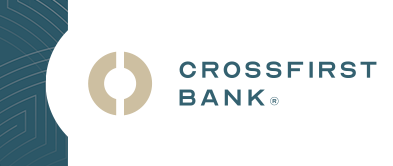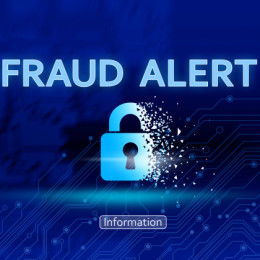
Individuals living with disabilities and adults over the age of 65 face an increased risk of financial exploitation. This threat can come from seasoned career criminals or unfortunately, from those you might least expect - family members, friends, business professionals, acquaintances, and caregivers. Ensuring the safety and security of your finances is more important than ever.
Many fraudsters will try to isolate their intended target. Create a system to check in regularly with your loved ones. Identify at least one trusted person you can consult when opportunities arise that you want to verify.
If you have questions about financial fraud or exploitation, reach out to us.
Tips to Help Protect Yourself and Your Loved Ones
- Don’t give anyone your personal or confidential financial information, including your username, password, or your secure access code (your bank will never ask you for this information).
- Don’t click links or open attachments sent to you via email or text unless you know the source and can verify that it’s safe to open.
- Don’t send money or gift cards to anyone without verifying their identity. If they email or text, call them to verify.
- Establish a family “code word” and verify a caller has the code word before taking any action.
- If an offer seems too good to be true, it probably is. Research the information, company, and/or person using independent sources (not sources they provide) before proceeding.
- If someone is pressuring you for a quick response or quick action, it’s a red flag that they are planning to commit fraud. Very rarely does anything need to be an unexpected rush and the pressure is intended to throw you off guard.
- If someone tells you to pay using cryptocurrency or bitcoin, it’s a scam.
- If your credit or debit card is lost or stolen, report it to your financial institution immediately.
- Monitor your bank account statements and report anything that is incorrect.
- Cover the ATM or keypad when getting cash or making purchases using your PIN number.
- If someone is asking for a charitable donation, look up the organization using an online resource such as give.org, charitywatch.org, or charitynavigator.org.
- Block suspicious and unwanted callers on your phone.
Many fraudsters will try to isolate their intended target. Create a system to check in regularly with your loved ones. Identify at least one trusted person you can consult when opportunities arise that you want to verify.
If you have questions about financial fraud or exploitation, reach out to us.
Personal
June 7, 2024 by CrossFirst Bank

